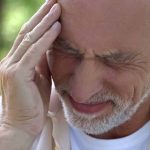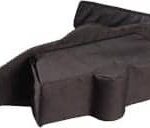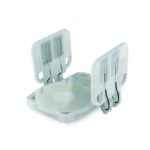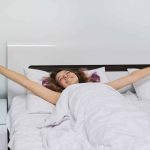A new exploratory analysis finds that using neuromuscular electrical stimulation as a treatment option for patients with mild obstructive sleep apnea may be cost-effective.
Recent estimates suggest that 55 million adults in the United States have obstructive sleep apnea, with over half falling into the mild range. Patients with mild obstructive sleep apnea often experience a diminished quality of life compared to controls, and epidemiological analyses reveal increased risks of hypertension, diabetes, and abnormal fasting glucose among them.
Despite the prevalence of obstructive sleep apnea, the current standard of care, positive airway pressure (PAP) therapy, faces challenges such as low adherence and patient satisfaction, which create a demand for alternative obstructive sleep apnea treatment options.
The researchers in this study, published in the International Journal of Technology Assessment in Health Care, used a decision-analytic model to assess the incremental cost-effectiveness ratio of neuromuscular electrical stimulation (eXciteOSA, Signifier Medical Technologies Ltd) compared to no treatment and continuous positive airway pressure (CPAP) therapy. The analysis, conducted from the US healthcare system perspective, considered both direct medical costs and health outcomes measured in quality-adjusted life years.
The results indicated that neuromuscular electrical stimulation may be a cost-effective treatment option for mild obstructive sleep apnea compared to no treatment. Furthermore, it showed that neuromuscular electrical stimulation, depending on long-term adherence, may be preferred over CPAP therapy, suggesting that this alternative treatment approach could provide a valuable and more accessible option for individuals with mild OSA.
“We are excited to see the results of this study reinforce the potential of neuromuscular electrical stimulation as a revolutionary treatment option for individuals with mild obstructive sleep apnea,” says Mujtaba Chohan, head of finance and chief of staff at Signifier, in a release.
With over 14,000 patients being prescribed eXciteOSA, and real-world data demonstrating strong adherence of patients using therapy over 80% of days, the neuromuscular electrical stimulation therapy allows patients to complete a session for 20 minutes during the day, offering them the freedom to breathe naturally, all night long, on their own, according to a release from Signifier.
Senior author Jan B. Pietzsch, PhD, who directed the study, emphasized the significance of the findings, stating in a release, “Our research provides important insights into the potential cost-effectiveness of using neuromuscular electrical stimulation for individuals with mild obstructive sleep apnea that are relevant for patients, clinicians, and healthcare payers.”




Leave a Reply